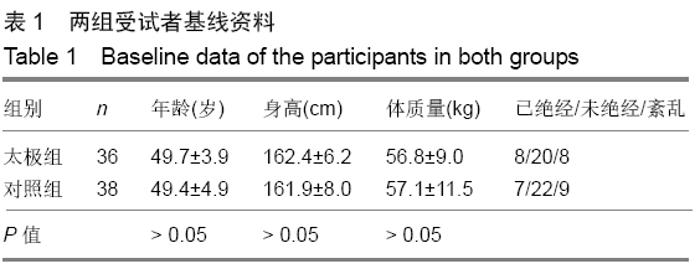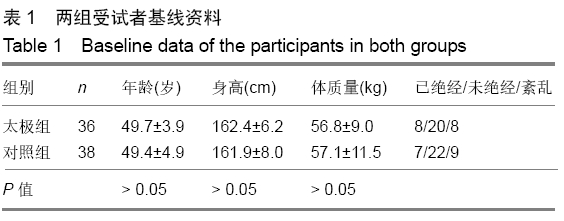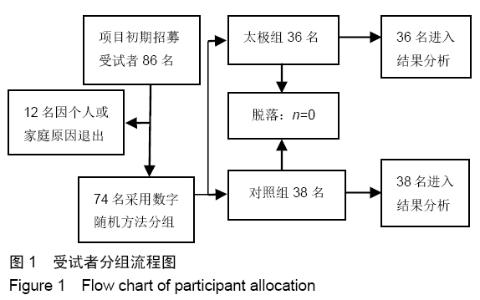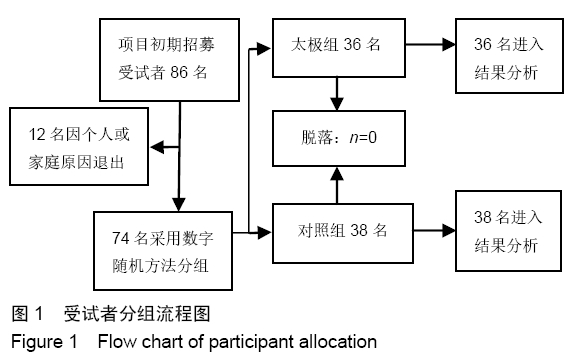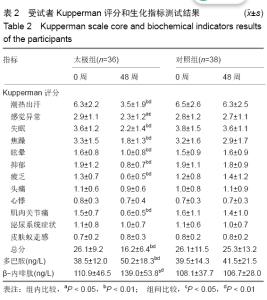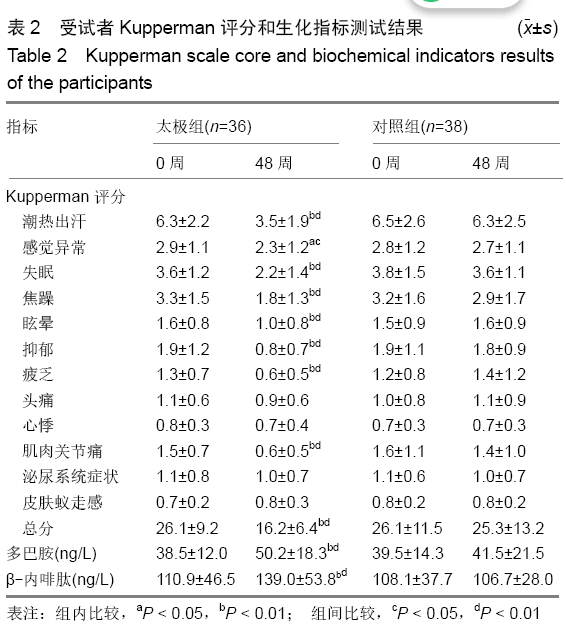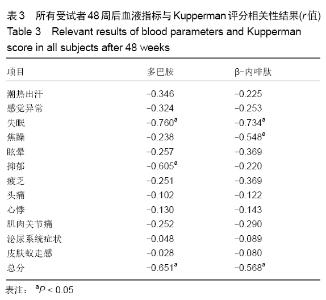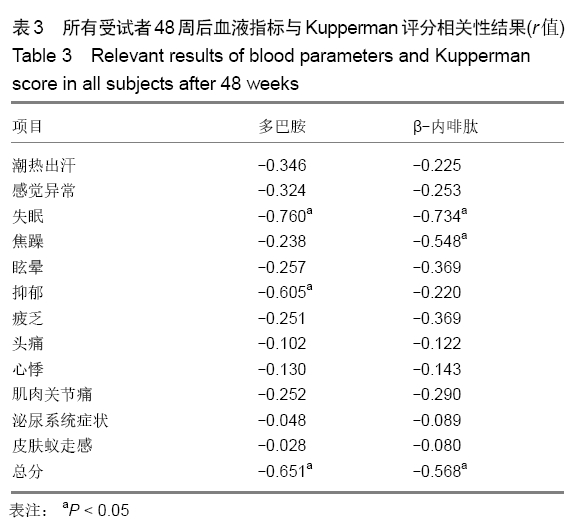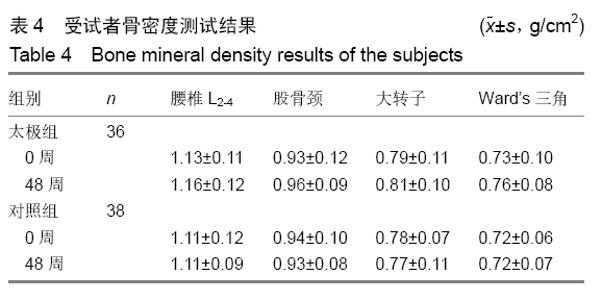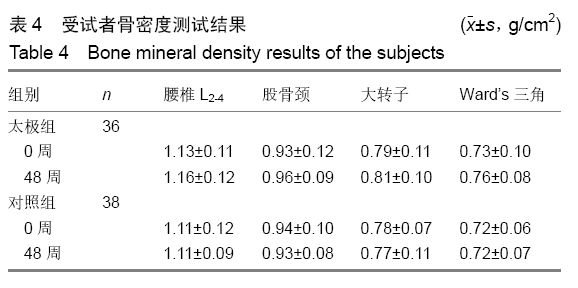[1] MARJORIBANKS J, FARQUHAR CM, ROBERTS H, et al. Cochrane corner: long-term hormone therapy for perimenopausal and postmenopausal women. Heart.2018; 104(2):93-95.
[2] REDING KM, SCHMIDT PJ, RUBINOW DR. Perimenopausal depression and early menopause. Menopause.2017;24(12): 1333-1335.
[3] 左宏玲,邓燕,王艳芳,等.低剂量与标准剂量结合雌激素联合不同孕激素应用对围绝经期综合征患者骨密度的影响[J].中华妇产科杂志,2018,53(4):243-247.
[4] 韩永君.社会体育政策工具的绩效特征——基于31个省级《全民健身实施计划(2016-2020年)》的内容分析[J]. 武汉体育学院学报,2017,51(10):18-24.
[5] SUN Z, CHEN H, BERGER MR, et al. Effects of tai chi exercise on bone health in perimenopausal and postmenopausal women: a systematic review and meta-analysis. Osteoporos Int. 2016;27(10):2901-2911.
[6] WEBER MT, MAKI PM, MCDERMOTT MP. Cognition and mood in perimenopause: A systematic review and meta-analysis.J Steroid Biochem Mol Biol. 2014;142:90-98.
[7] ZHANG J, CHEN G, LU W, et al. Effects of physical exercise on health-related quality of life and blood lipids in perimenopausal women: a randomized placebo-controlled trial.Menopause.2014;21(12):1269-1276.
[8] 李青,王艳娜,杨娜,等.运动对女性围绝经期综合征影响的系统评价[J].中国老年学杂志, 2017,37(19):4875-4878.
[9] 邱忠君,马素慧,李丹,等.运动疗法对围绝经期妇女综合征及生活质量的影响[J].中国妇幼保健,2013,28(8):1301-1303.
[10] 廖建国. 24w太极锻炼对城市老年女性心理健康的影响[J].中国老年学杂志,2015,35(24):7232-7233.
[11] CHENG L, CHANG SW, LI JX, et al. Effects of different periods of Tai Chi exercise on the kinesthesia of the lower limb joints of elderly women.Res Sports Med. 2017;25(4): 462-469.
[12] 郁嫣嫣,祁奇,余波,等.太极拳锻炼对绝经后女性骨密度的影响[J]. 中国康复理论与实践,2012,18(2):155-157.
[13] 李静雅,程亮.48周不同频率太极拳练习对老年女性骨密度的影响[J].中国骨质疏松杂志,2017,23(10):1309-1312.
[14] 孙威,王疆娜,杨春荣,等.太极拳和快走练习对老年女性骨密度和骨代谢影响的跟踪研究[J].中国骨质疏松杂志,2017,23(8): 1034-1040.
[15] 徐世民,刘鹏.太极对预防绝经后女性骨密度的荟萃分析[J].中国骨质疏松杂志,2012,18(10):932-936
[16] LI F, FISHER KJ, HARMER P, et al. Tai Chi and Self-Rated Quality of Sleep and Daytime Sleepiness in Older Adults: A Randomized Controlled Trial. J Am Geriatr Soc. 2004; 52 (6): 892–900.
[17] 李秋利,关尚一,张少生.有氧运动对抑郁女大学生抑郁状态、单胺递质的影响[J].西安体育学院学报,2009,26(1):121-124.
[18] 孔晶,刘国玲,韩标,等. 综合疗法改善女性失眠及焦虑抑郁症状的疗效观察[J].中国康复医学杂志,2008,23(9):843-844.
[19] 崔乔义,徐冬青,谭思洁.太极拳对膝骨性关节炎患者感觉运动功能影响的研究进展[J].中国康复医学杂志,2010,25(11): 1116-1119.
[20] SENORMANCI O, SARAÇLI O, ATASOY N, et al.Relationship of Internet addiction with cognitive style, personality, and depression in university students.Compr Psychiatry. 2014; 55(6):1385-1390.
[21] 朱明泽.太极拳对帕金森病患者身心健康的影响及生化机制研究[D]. 上海:上海体育学院,2017.
[22] 叶展红,何卫龙,刘江南,等.运动处方干预对老年女性睾酮、皮质醇、内啡肽的影响与心理应激[C]. 2010年中国运动生理生化学术会议, 2010.
[23] RECKER RR, LAPPE JM, DAVIES M, et al. Perimenopausal bone histomorphometry before and after menopause.Bone. 2018;108:55-61.
[24] WOO J, HONG A, LAU E, et al. A randomised controlled trial of Tai Chi and resistance exercise on bone health, muscle strength and balance in community-living, elderly people. Age Ageing. 2007;36(3):262-268.
[25] CHAN K, QIN L, LAU M, et al. A randomized, prospective study of the effects of Tai Chi Chun exercise on bone mineral density in postmenopausal women 1. Arch Phys Med Rehabil. 2004;85(5):717-722.
|
